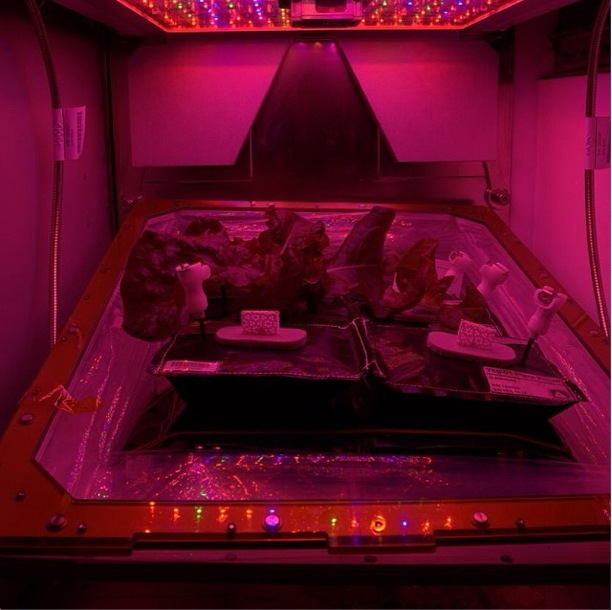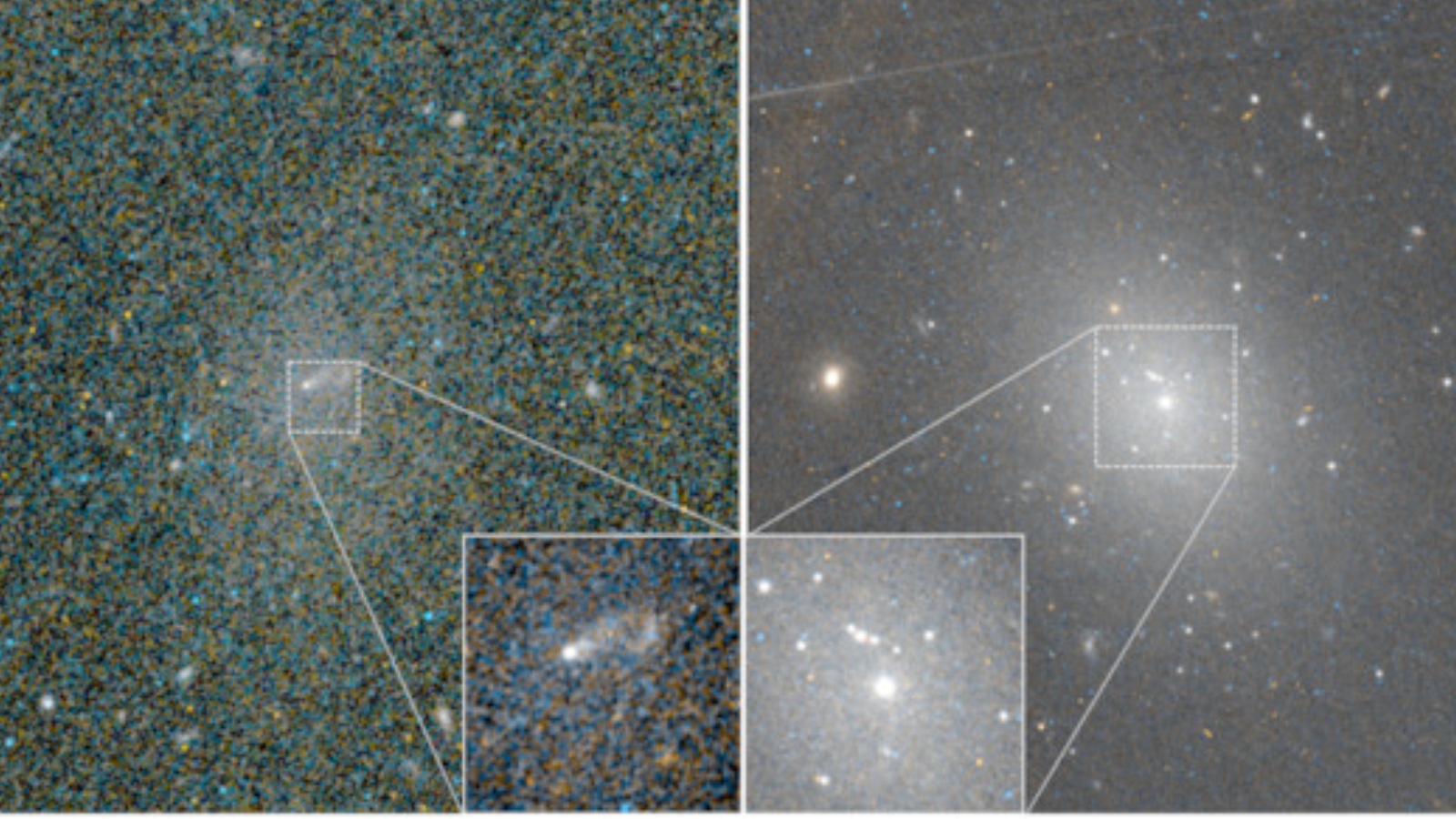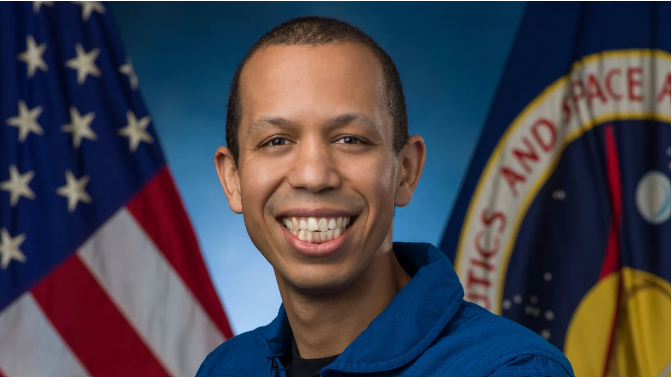Newly discovered bacteria on space station could help astronauts grow plants on Mars

What will future astronauts living on Mars or traveling in deep space eat? Researchers have discovered three new strains of bacteria on the International Space Station that they think could one day help astronauts to grow their own food.
While space food has evolved from the puree packets of NASA's early years, it will likely need to advance further; future astronauts on Mars missions and other long treks through deep space will probably need to grow some of their own food, experts have said. But growing food in space is no easy feat, as plants depend on "helpful" bacteria in soil that wouldn't exist off-Earth (as far as we know).
In a new study, researchers at NASA's Jet Propulsion Laboratory (JPL),the University of Southern California, Cornell University and the University of Hyderabad in India discovered and isolated strains of bacteria aboard the International Space Station. The scientists think it's possible that these bacteria could help plants grow in extreme environments like space.
"To grow plants in extreme places where resources are minimal, isolation of novel microbes that help to promote plant growth under stressful conditions is essential," Kasthuri Venkateswaran (Venkat), a senior research scientist at JPL, and Nitin Kumar Singh, a microbiologist and postdoctoral fellow at JPL, said in a statement.
Related: Plants in space: photos by gardening astronauts
The space station is a pretty clean place.It has to be, for the safety of the astronauts on board and to protect ongoing experiments and technology on the orbiting lab. But it's not a sterile environment, and humans are microbe havens, with the average person carrying over 100 trillion microscopic organisms in and on their body. So it's no surprise that bacteria live on the station.
The bacterial strains found as part of this study all belong to the family Methylobacteriaceae, and they were spotted all over the space station during two consecutive flights. The team found four total strains, three of which were previously undiscovered. (The previously discovered strain belongs to the genus Methylorubrum.)
Get the Space.com Newsletter
Breaking space news, the latest updates on rocket launches, skywatching events and more!
The three new bacteria were designated IF7SW-B2T, IIF1SW-B5 and IIF4SW-B5.However, the team is proposing to name the crop of novel species Methylobacterium ajmalii, after the renowned Indian biodiversity scientist Ajma Khan. Genetic analysis done by the team shows that they're closely related to Methylobacterium indicum, which was isolated from rice seeds in previous, unrelated work.
Methylobacterium species are often involved in important plant processes like nitrogen fixation, phosphate solubilization and abiotic stress tolerance. They're also known to promote plant growth and help protect against plant diseases, according to the statement.
Because of their ties to plant health and growth, the team thinks that these bacterial strains could have "biotechnologically useful genetic determinants" that could be helpful in growing crops in space.
However, while it is interesting to consider using bacteria like this for future space farming, further experimentation is necessary to prove that they will be effective, according to the statement. This is why the U.S. National Research Council Decadal Survey recommends that NASA use the space station as a "test-bed for surveying microorganisms," according to the researchers.
"Since our group possess[es] expertise in cultivating microorganisms from extreme niches, we have been tasked by the NASA Space Biology Program to survey the ISS for the presence and persistence of the microorganisms," the researchers said.
"Needless to say, the ISS is a cleanly maintained extreme environment. Crew safety is the number 1 priority and hence understanding human/plant pathogens are important, but beneficial microbes like this novel Methylobacterium ajmalii are also needed," they added.
This work was published March 15 in the journal Frontiers in Microbiology.
Email Chelsea Gohd at cgohd@space.com or follow her on Twitter @chelsea_gohd. Follow us on Twitter @Spacedotcom and on Facebook.
Join our Space Forums to keep talking space on the latest missions, night sky and more! And if you have a news tip, correction or comment, let us know at: community@space.com.

Chelsea “Foxanne” Gohd joined Space.com in 2018 and is now a Senior Writer, writing about everything from climate change to planetary science and human spaceflight in both articles and on-camera in videos. With a degree in Public Health and biological sciences, Chelsea has written and worked for institutions including the American Museum of Natural History, Scientific American, Discover Magazine Blog, Astronomy Magazine and Live Science. When not writing, editing or filming something space-y, Chelsea "Foxanne" Gohd is writing music and performing as Foxanne, even launching a song to space in 2021 with Inspiration4. You can follow her on Twitter @chelsea_gohd and @foxannemusic.









